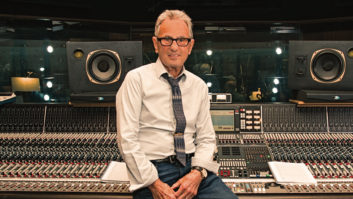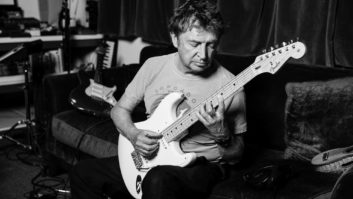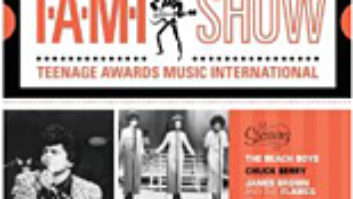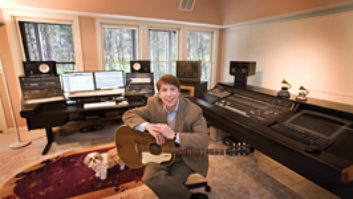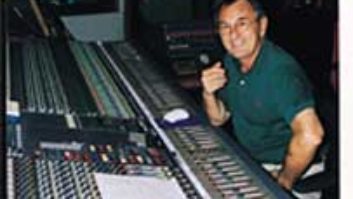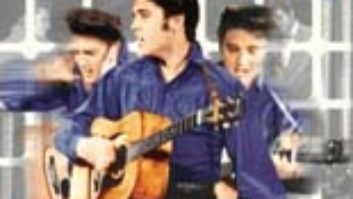A little more than 20 years ago, Terry Howard became an “on-call” studio maintenance technician for Ray Charles. By the time Charles recovered his master tapes from ABC, Dunhill and other labels a few years later, Howard assumed the role of engineer and friend and was given the nickname “Mr. T,” or just plain “T.”
Howard recalls that Charles was a very “hands-on” artist who knew every nook and cranny of his control room — and most things engineering. One time, Charles called Howard down on a weekend to check the monitors. “I came in there and could not hear what Ray was hearing,” Howard recalls. “He said there was a difference in the bottom end between the left and right monitors. I ended up playing a test tape and found a ¼dB dip at 100 Hz on the right channel. After I fixed the problem, he heard the difference right away. He had amazing golden ears and could hear that ¼dB difference!”
Even though Charles often recorded his own vocals and piano by himself, for most sessions, he and Howard sat shoulder-to-shoulder at the console. Howard says he will always value the many lessons Charles taught him about music and sound — from picking tempo and keys that best fit his voice and the song’s emotion to identifying a mysterious distortion way down inside the mix.
“Ray taught me so many production skills and mixing tricks, but I’ll always remember him telling me to never let the music out-shine the star,” Howard says. “When another producer would critique Ray’s vocal timing, Ray would say, ‘You can tell the drummer, you can tell the horn section and you can tell the bass player that I’m the singer and I don’t have a timing problem ’cause what I’m doing is emotion!’”
For Howard’s tracks on Genius Loves Company, he says that he and Charles returned to old-school production in which everything was worked out and recorded all together with the musicians live in the studio. “Ray had gotten used to coming in and overdubbing piano and vocal on finished tracks supplied by producers,” Howard says. “After working this way again, he told me that he hadn’t had such a great time in years. Ray said, ‘The only way to spell work is F-U-N.’”

